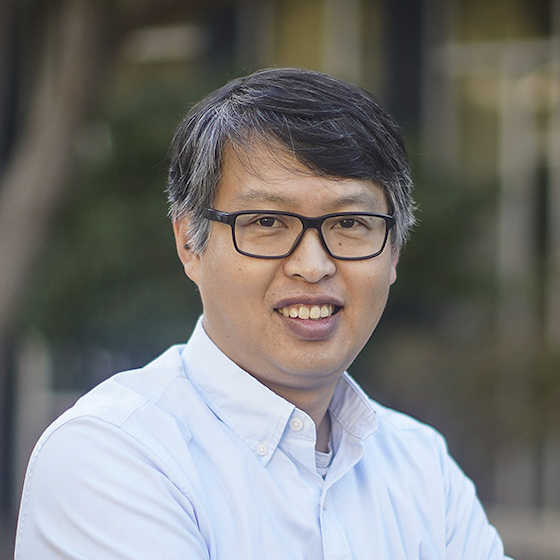
Eunyong Park, PhD
Eunyong Park and his research group are dedicated to understanding the molecular mechanisms of protein targeting and quality control. A hallmark feature of eukaryotic cells is the presence of membrane-bound organelles, such as the endoplasmic reticulum, mitochondria, and peroxisomes. These organelles compartmentalize specific proteins and biomolecules to carry out distinct cellular functions. Most organelle-resident proteins are initially synthesized by cytosolic ribosomes, like other cytosolic proteins. However, to reach their designated organelles, these proteins must cross organelle membranes. Nearly half of all cellular proteins undergo such translocation before reaching their functional destinations. Disruptions in these processes can lead to protein mislocalization, aggregation, and cellular stress—factors linked to aging and diseases such as neurodegeneration. The Park group employs biochemical and structural approaches, including cryo-electron microscopy, to uncover the molecular mechanisms of protein translocation and quality control machinery. Their research focuses on key protein translocases, such as the Sec61, TOM, and TIM complexes, as well as membrane-bound ATPases and E3 ubiquitin ligases responsible for removing mislocalized or misfolded proteins from organelle membranes.
Eunyong Park is an Associate Professor in the Department of Molecular and Cell Biology at the University of California, Berkeley. Originally from South Korea, he earned his bachelor’s degree from Seoul National University and his PhD in biochemistry from Harvard University, where he trained under Dr Tom Rapoport at Harvard Medical School. He then conducted postdoctoral research as a Jane Coffin Childs Fellow with Dr Roderick MacKinnon at The Rockefeller University before joining the UC Berkeley faculty in 2018. Dr Park has received several honors, including the 2014 ASCB Kaluza Award, 2017 Blavatnik Award (Finalist), 2020 Pew Biomedical Scholar Award, and the 2023 Amgen Young Investigator Award.